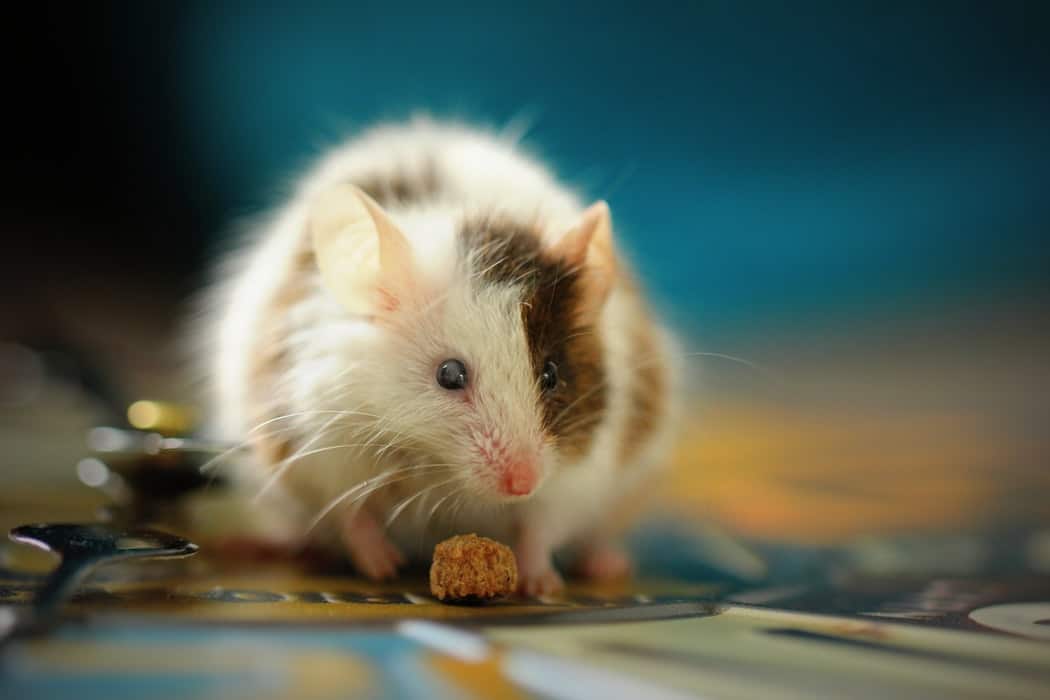Unveiling The Mystery: What Mice Sounds In Walls Really Mean
Hearing mice sounds in walls can be a startling experience, especially if you're unsure of what's causing the noise. These tiny creatures are notorious for finding their way into homes, creating a host of problems that extend beyond mere annoyance. The scratching, scurrying, and gnawing noises are often the first signs of an infestation, and addressing the issue promptly is crucial to prevent further damage. Understanding the behavior behind these sounds is the first step toward effective pest control and maintaining a peaceful home environment.
Living with mice sounds in walls can lead to sleepless nights and stress, as homeowners worry about potential health risks and property damage. Mice are not only noisy but can also contaminate food, spread diseases, and chew through wiring, posing a fire hazard. Recognizing the signs early and taking action can save you from significant trouble down the line. This article will delve into the causes, implications, and solutions for dealing with mice sounds in walls, providing you with the tools to tackle the issue effectively.
For many, the presence of mice sounds in walls raises immediate concerns about infestation and cleanliness. While it might seem like a daunting challenge, understanding the root of the problem and implementing preventive measures can significantly reduce the likelihood of recurring issues. With the right knowledge and resources, you can take control of your home and ensure it remains a safe and comfortable space for you and your family.
Read also:Understanding Clicks The Key To Digital Success
What Are the Most Common Mice Sounds in Walls?
Identifying the specific sounds associated with mice in walls is the first step toward addressing the issue. These sounds typically include scratching, scurrying, and gnawing, which occur as the rodents move around and build nests. Mice are nocturnal creatures, so these noises are often more noticeable during the night when they are most active. Understanding the frequency and intensity of these sounds can help determine the extent of the infestation and guide your response.
Why Do Mice Make Noises in Walls?
Mice make noises in walls for several reasons, including movement, feeding, and communication. The scratching sounds result from their claws against surfaces, while the gnawing noises occur when they chew on materials like wood, plastic, or wiring. These activities are essential for their survival, as they need to create pathways and access food sources. Additionally, mice communicate with each other through high-pitched squeaks, which might be audible in some cases.
How Can You Tell If the Sounds Are Coming from Mice?
To confirm that the sounds in your walls are indeed from mice, consider the following signs: irregular scratching patterns, droppings near entry points, and evidence of chewing on food packaging or furniture. Mice sounds in walls are often accompanied by other indicators, such as a musky odor or visible tracks. By carefully observing these clues, you can differentiate between mice activity and other potential causes, such as squirrels or insects.
Is It Normal to Hear Mice Sounds in Walls?
Hearing mice sounds in walls is not uncommon, especially during colder months when these creatures seek shelter indoors. However, it is important to address the issue promptly to prevent it from escalating. Ignoring the signs can lead to a larger infestation, making it more challenging and costly to resolve. Early intervention is key to minimizing damage and ensuring a pest-free environment.
What Should You Do If You Hear Mice Sounds in Walls?
If you suspect mice sounds in walls, the first step is to conduct a thorough inspection of your home. Look for entry points, such as cracks or gaps, that may allow mice to enter. Seal these openings to prevent further access. Additionally, consider setting traps or using deterrents to capture or repel the rodents. Consulting a professional pest control service may also be beneficial, especially for severe infestations.
Can Mice Sounds in Walls Be Prevented?
Preventing mice sounds in walls involves a combination of strategies aimed at making your home less appealing to these pests. Start by maintaining cleanliness, storing food in airtight containers, and disposing of garbage properly. Regularly inspect your home for potential entry points and address them promptly. Implementing preventive measures can significantly reduce the likelihood of encountering mice sounds in walls.
Read also:Marriage Restoration After Divorce A Comprehensive Guide To Rebuilding Love And Trust
What Are the Best Ways to Eliminate Mice Sounds in Walls?
Eliminating mice sounds in walls requires a comprehensive approach that targets both the existing infestation and potential future issues. Some effective methods include using traps, baits, or ultrasonic devices to deter mice. Sealing entry points and removing food sources are also crucial steps in the process. For persistent problems, professional pest control services can provide specialized solutions tailored to your specific situation.
Are Mice Sounds in Walls Dangerous?
Mice sounds in walls may not seem dangerous at first glance, but they can indicate a more significant problem. Mice are known carriers of diseases and can contaminate food and surfaces with their droppings and urine. Additionally, their habit of chewing on wiring poses a fire risk. Addressing the issue promptly can help mitigate these dangers and protect your home and family.
What Are the Long-Term Solutions for Mice Sounds in Walls?
For long-term solutions to mice sounds in walls, focus on creating an environment that discourages mice from entering your home. This includes regular maintenance, sealing potential entry points, and practicing good hygiene. Educating yourself about mice behavior and habits can also help you anticipate and prevent future infestations. By adopting a proactive approach, you can enjoy peace of mind knowing your home is secure and free from unwanted guests.
How Can You Maintain a Mouse-Free Home?
Maintaining a mouse-free home involves consistent effort and vigilance. Regularly inspect your property for signs of mice activity and address any issues immediately. Keep your living spaces clean and clutter-free, as mice are attracted to messy environments. Implementing preventive measures, such as using sealants and traps, can further enhance your home's resistance to mice infestations.
What Are the Benefits of Addressing Mice Sounds in Walls?
Addressing mice sounds in walls offers numerous benefits, including improved health and safety, reduced property damage, and enhanced peace of mind. By taking action against mice infestations, you protect your home from potential hazards and create a more comfortable living environment. Investing time and resources into pest control can yield long-term rewards, ensuring your home remains a safe haven.
Do Mice Sounds in Walls Indicate a Larger Problem?
Yes, mice sounds in walls can indicate a larger problem, such as a growing infestation or structural vulnerabilities in your home. Ignoring these signs may lead to increased damage and health risks. By addressing the issue early, you can prevent it from escalating and save yourself from unnecessary stress and expenses.
Table of Contents
- Unveiling the Mystery: What Mice Sounds in Walls Really Mean
- What Are the Most Common Mice Sounds in Walls?
- Why Do Mice Make Noises in Walls?
- How Can You Tell If the Sounds Are Coming from Mice?
- Is It Normal to Hear Mice Sounds in Walls?
- What Should You Do If You Hear Mice Sounds in Walls?
- Can Mice Sounds in Walls Be Prevented?
- What Are the Best Ways to Eliminate Mice Sounds in Walls?
- Are Mice Sounds in Walls Dangerous?
- What Are the Long-Term Solutions for Mice Sounds in Walls?
In conclusion, dealing with mice sounds in walls requires a combination of knowledge, action, and persistence. By understanding the causes and implications of these sounds, you can take the necessary steps to eliminate the problem and prevent future occurrences. Remember, a proactive approach is key to maintaining a safe and comfortable home environment.


